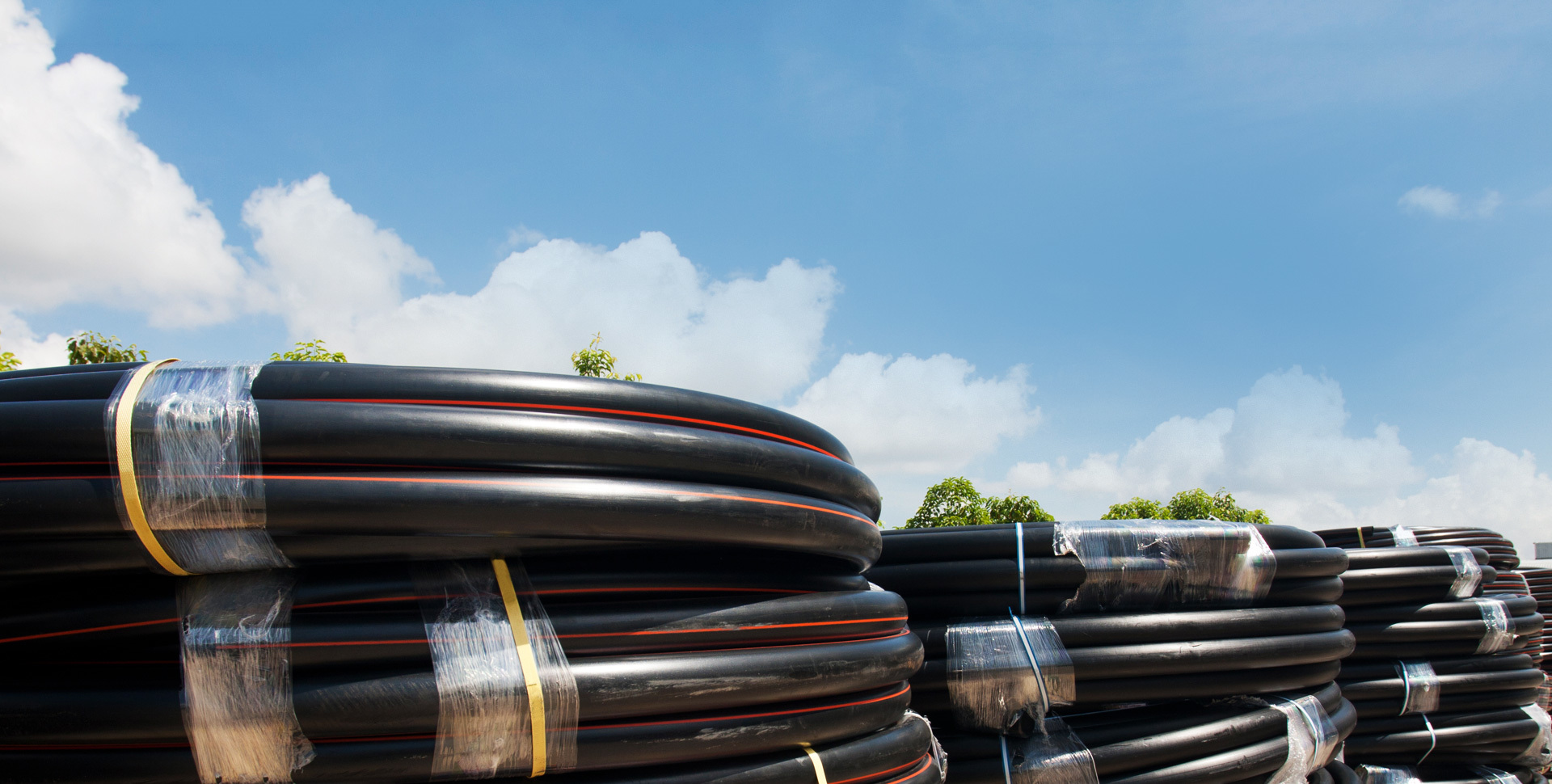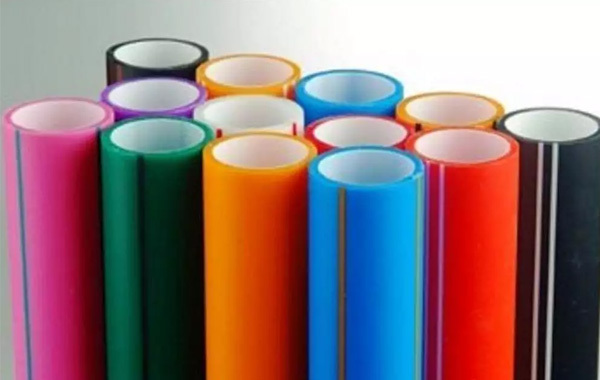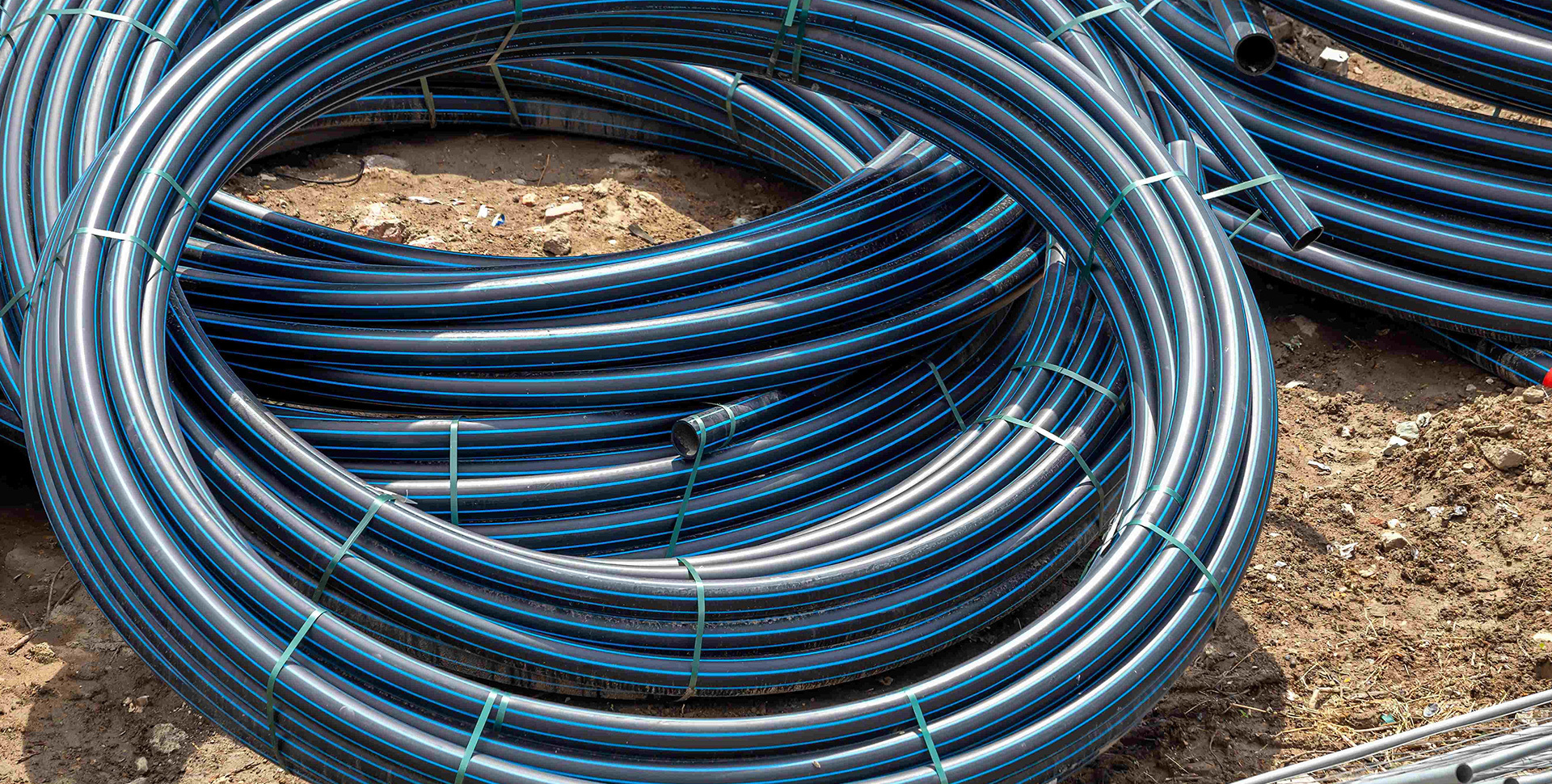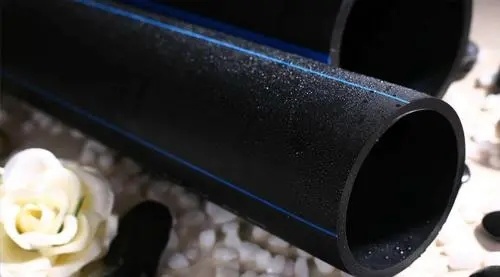Understanding Optical Cable Silicon Core Tubes: Key Benefits and Applications
Apr 11,2025
Optical cable silicon core tubes are pivotal in the design and manufacture of fiber optic cables. These tubes serve as protective conduits for optical fibers, ensuring their integrity and performance in various applications. The core tube, typically made from silicone or silicone-based materials, is engineered to provide optimal performance by offering several advantages over traditional materials.
One of the primary benefits of using silicon as a core tube material is its superior flexibility. This characteristic allows for easier installation, especially in tight spaces or complex routing scenarios. Professionals in the electrical engineering field will find that the flexibility of silicon core tubes reduces the risk of damaging the delicate optical fibers during installation. Additionally, this flexibility can enhance the overall performance of the cable by minimizing stress on the fibers, which could lead to signal degradation.
Silicon core tubes also exhibit excellent thermal stability. They can withstand a wide range of temperatures without losing their structural integrity. This is particularly important in environments where temperature fluctuations are common, ensuring that the optical fibers remain protected and functional. For professionals working with optical cables in outdoor or industrial settings, this thermal resilience enhances the reliability of the cable system.
Moreover, silicon is known for its excellent resistance to moisture and chemicals. This property helps prevent environmental factors from compromising the optical fibers inside the cable. The moisture barrier provided by silicon core tubes is critical in applications where cables are exposed to humidity or corrosive substances. By using optical cable silicon core tubes, professionals can ensure longer lifespans and reduced maintenance costs for their fiber optic systems.
Another important aspect to consider is the ease of manufacturing and customization. Silicon core tubes can be produced in various sizes and configurations to meet specific project requirements. This adaptability is beneficial for engineers and designers who often need to tailor solutions to unique applications. The capacity to customize silicon core tubes promotes innovation and efficiency in cable design.
In summary, optical cable silicon core tubes are a vital component in the fiber optic industry. Their flexibility, thermal stability, moisture and chemical resistance, and customization capabilities make them an ideal choice for enhancing the performance and durability of optical cables. Professionals in electrical engineering should consider these advantages when designing and implementing fiber optic systems to ensure optimal performance and reliability. As technology continues to evolve, understanding the materials and components used in optical cables will be crucial for maintaining a competitive edge in the industry.
One of the primary benefits of using silicon as a core tube material is its superior flexibility. This characteristic allows for easier installation, especially in tight spaces or complex routing scenarios. Professionals in the electrical engineering field will find that the flexibility of silicon core tubes reduces the risk of damaging the delicate optical fibers during installation. Additionally, this flexibility can enhance the overall performance of the cable by minimizing stress on the fibers, which could lead to signal degradation.
Silicon core tubes also exhibit excellent thermal stability. They can withstand a wide range of temperatures without losing their structural integrity. This is particularly important in environments where temperature fluctuations are common, ensuring that the optical fibers remain protected and functional. For professionals working with optical cables in outdoor or industrial settings, this thermal resilience enhances the reliability of the cable system.
Moreover, silicon is known for its excellent resistance to moisture and chemicals. This property helps prevent environmental factors from compromising the optical fibers inside the cable. The moisture barrier provided by silicon core tubes is critical in applications where cables are exposed to humidity or corrosive substances. By using optical cable silicon core tubes, professionals can ensure longer lifespans and reduced maintenance costs for their fiber optic systems.
Another important aspect to consider is the ease of manufacturing and customization. Silicon core tubes can be produced in various sizes and configurations to meet specific project requirements. This adaptability is beneficial for engineers and designers who often need to tailor solutions to unique applications. The capacity to customize silicon core tubes promotes innovation and efficiency in cable design.
In summary, optical cable silicon core tubes are a vital component in the fiber optic industry. Their flexibility, thermal stability, moisture and chemical resistance, and customization capabilities make them an ideal choice for enhancing the performance and durability of optical cables. Professionals in electrical engineering should consider these advantages when designing and implementing fiber optic systems to ensure optimal performance and reliability. As technology continues to evolve, understanding the materials and components used in optical cables will be crucial for maintaining a competitive edge in the industry.
Latest News





